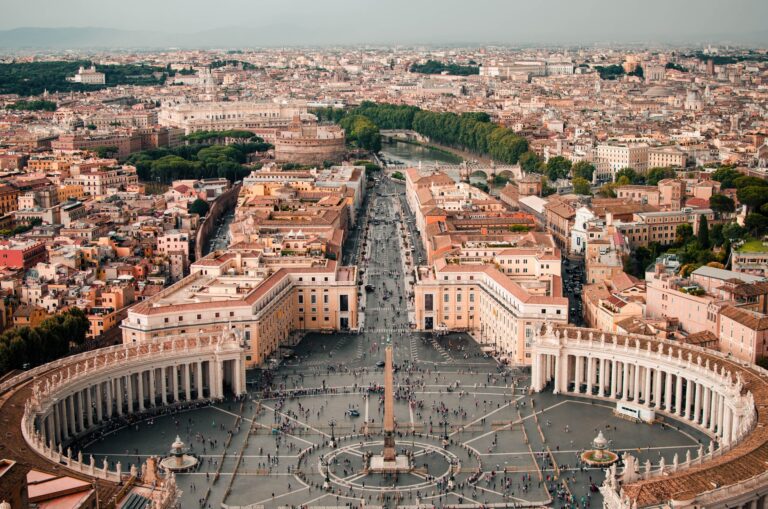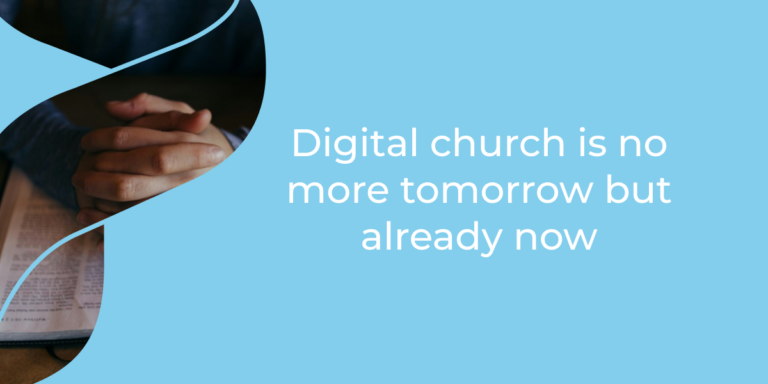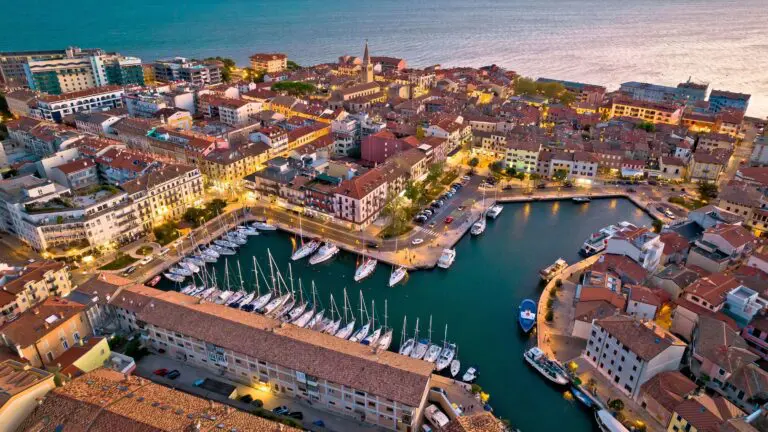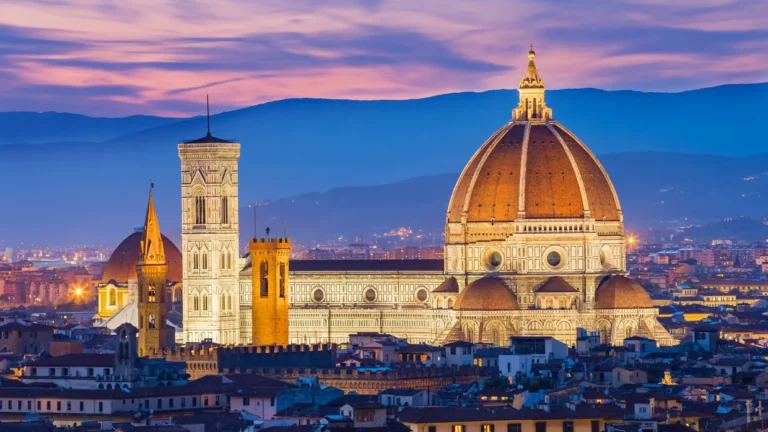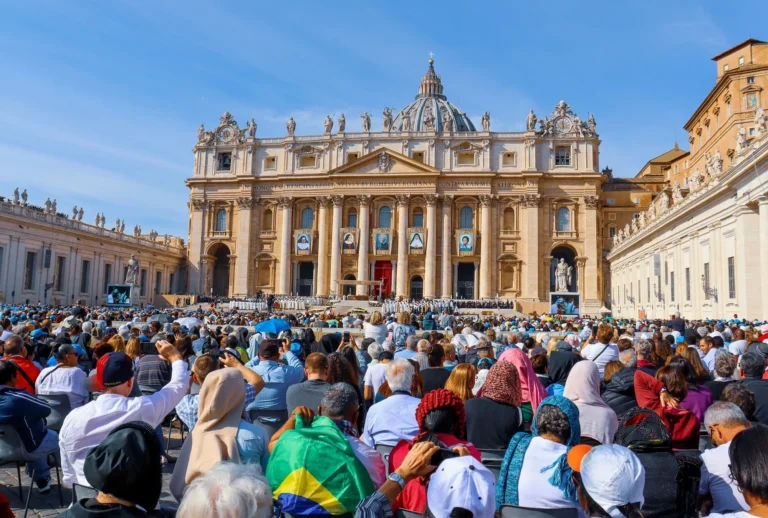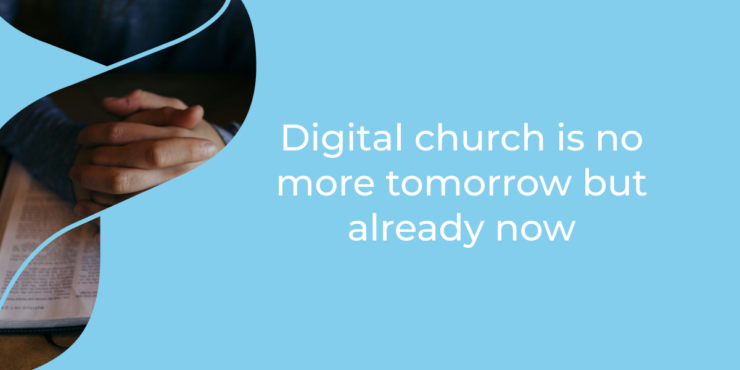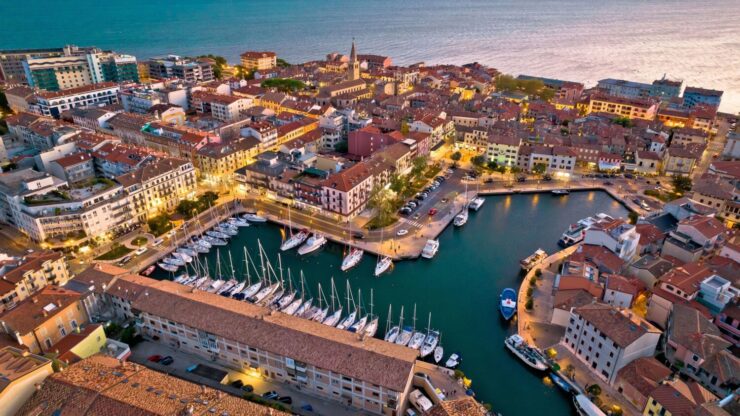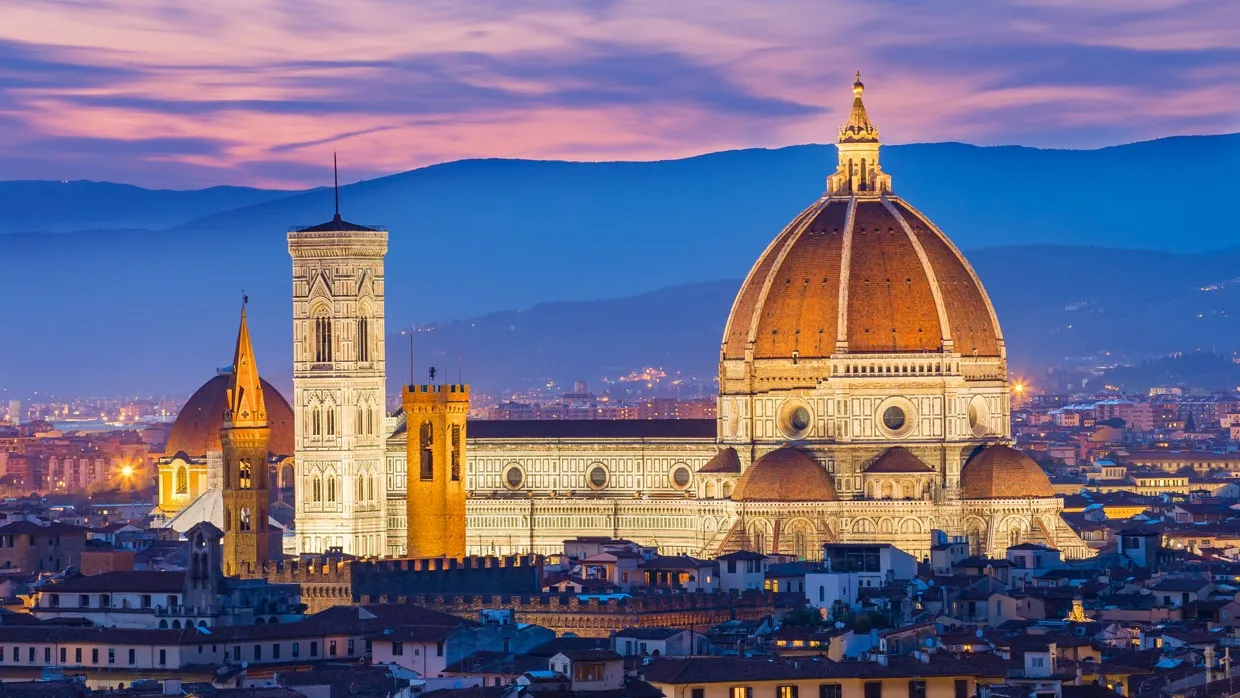The Vatican is one of the most popular destinations for tourists from all parts of the world. People gladly visit this city-state whenever they come and visit Rome or other parts of Italy. Of course, many people will come here because of religious reasons. However, a certain group of people would only come here to get familiar with different cultures and traditions. Fortunately, culture and tradition are some sort of synonymous with The Vatican.
Still, there are some things that people also want to find out. When you look closer, the Vatican does not talk too much about finances and investments. More precisely, people around the world do not know a lot about the economy of the country. Despite that, do not forget that the Vatican is only 110 acres big with less than 1000 citizens. The economy of the smallest country in the world is always going to be an interesting subject. That is the reason why we would like to talk about everything you should know about the Vatican’s economy. We do not want to say that explaining different details is not going to be complex. Yet, we will try to share everything with you in the easiest possible way.
Before Everything – Can You Buy a House in the Vatican?
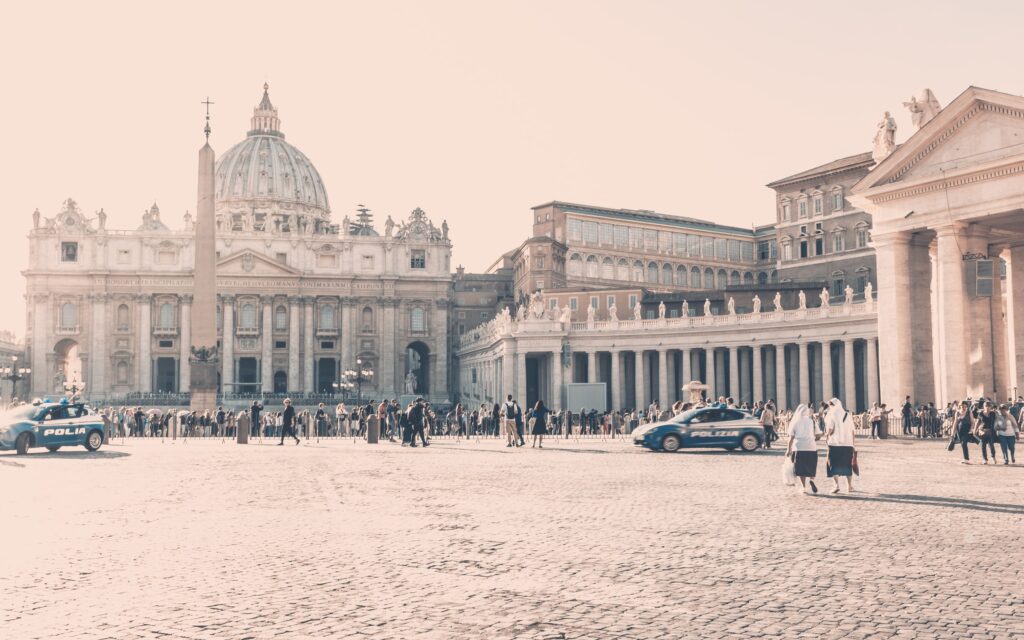
Purchasing a house in Vatican City is impossible. We know that many people would gladly stay here forever. However, the reason why we say this is simple. The housing market does not exist in the country. Every property that you can find there is the possession of the Holy See. People that live here are there because it is part of their job. All the “employees” get the place where they can stay if that is necessary. On the other hand, many people that work there live in Rome.
We know that this seems strange to you. Almost every country has some sort of Investment Programme. For instance, Cyprus is one of the most attractive countries for investors. The foreign investors can enjoy a beautiful climate and high-quality standards of living by applying for the Cyprus Investment Programme. For more details, we recommend you check the Prime Property Group. There you will manage to find out everything relevant.
However, when we talk about Vatican City, something like that is simply impossible. That is another reason why people want to know more about the Vatican’s economy.
Difference Between Holy See and Vatican City
Before we get to the point, there is one thing that people have to know. The difference between the Holy See and the Vatican is something people usually do not understand. The Holy See is the governing body of the nation, and that is the easiest way to explain it. On the other hand, Vatican City is only a territory where the Holy See resides.
The Investments of the Holy See
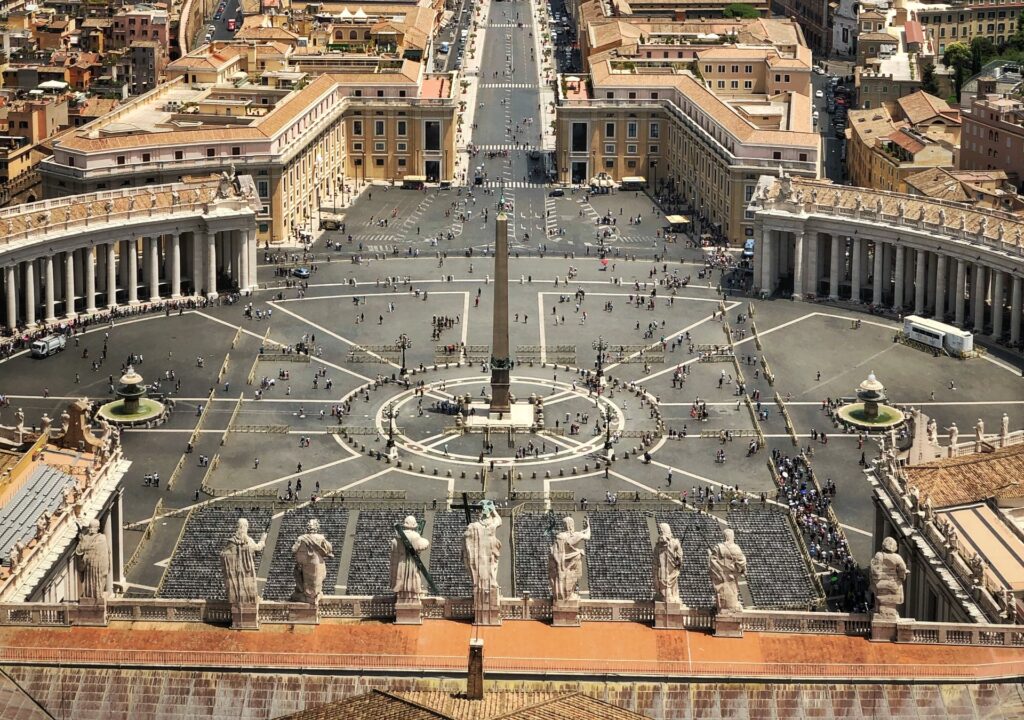
The Holy See investments are probably the most interesting in the world. When you look closer, the Italian industry was the main focus of Holy See investments for a long time. More precisely, these investments were usually focused on bonds and stocks. In most cases, the Holy See would buy and hold the company from different industries. That is the reason why the money-spending is limited when we talk about the developing world.
Recently, Holy See spread the list of countries where they would invest their money. However, those countries are mostly located in the Western part of Europe. They participated in the New York Stock Exchange as well, but these activities were not huge.
In the end, we need to highlight that Holy See actively invests money in real estate across the world. In most cases, the properties they would invest their money in church areas and lands.
There are also certain limits that people should know about. Holy See would never spend money on companies that are against church values. For example, they will never collaborate with particular pharmaceutical companies.
Holy See Revenue
The previous part explained how the Holy See collects revenue. However, there is another way for the Holy See to earn revenue. Have you ever heard about Peter’s Pence term? It is a term that comes from the 8th century and describes the donations that Catholics from all parts of the world give. It doesn’t matter if dioceses or individuals plan to do something like that. The Holy See collects the donations through a special department.
Vatican City Revenue
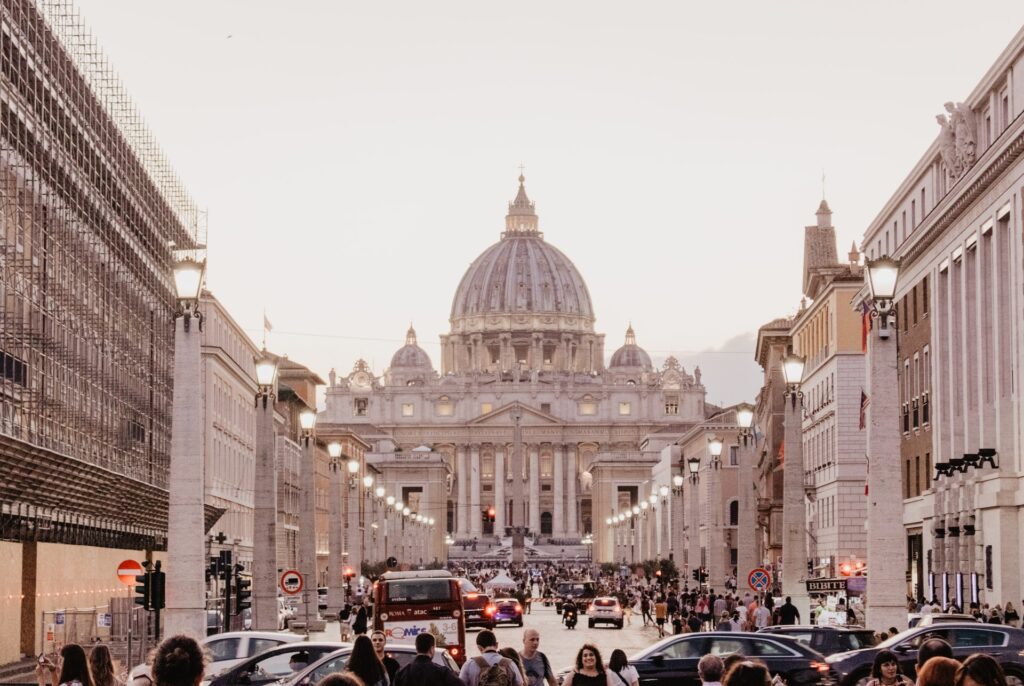
When we talk about revenue that Vatican City has, things are a bit different. Vatican City uses a bit more traditional way to make a profit. As we said, many people that work in the Vatican do not live there. Currently, there are near five thousand employees that work there. The city uses different small industries to collect the necessary amount of money. However, these small industries are not “small” when millions of tourists come every year.
They come to see the Vatican museum, Peter’s Basilica, and Sistine Chapel. Logically, they also spend a certain amount of money while visiting these places.
There are a couple of ways how the city collects the profit. First of all, people need to pay to enter the museum. Despite that, they also need to pay for tours throughout the entire city. Despite that, the sale of publications is another way how the city gets revenue. It is hard to say how much money the Vatican manages to earn each year. Certain researches show the revenue is around 350 million dollars each year.
The Vatican Bank
The smallest country in the world has its bank as well. The bank exists since 1942 when Pope Pius XII founded it. There are currently around fifteen thousand account holders there. These people are usually Vatican employees, Catholic religious orders from the entire world, etc. The official data confirms that the profit of the bank is usually around 20 million dollars per year.
Conclusion
You know how everything you should know about the Vatican’s economy. If you plan to visit that place, we encourage you to do that as soon as possible. It is a beautiful place where you can find out a lot about the Catholic church and the entire religion. Despite that, by coming there, you are also supporting the entire country financially. In other words, you can enjoy your holiday while doing a good thing for the Catholic church.

